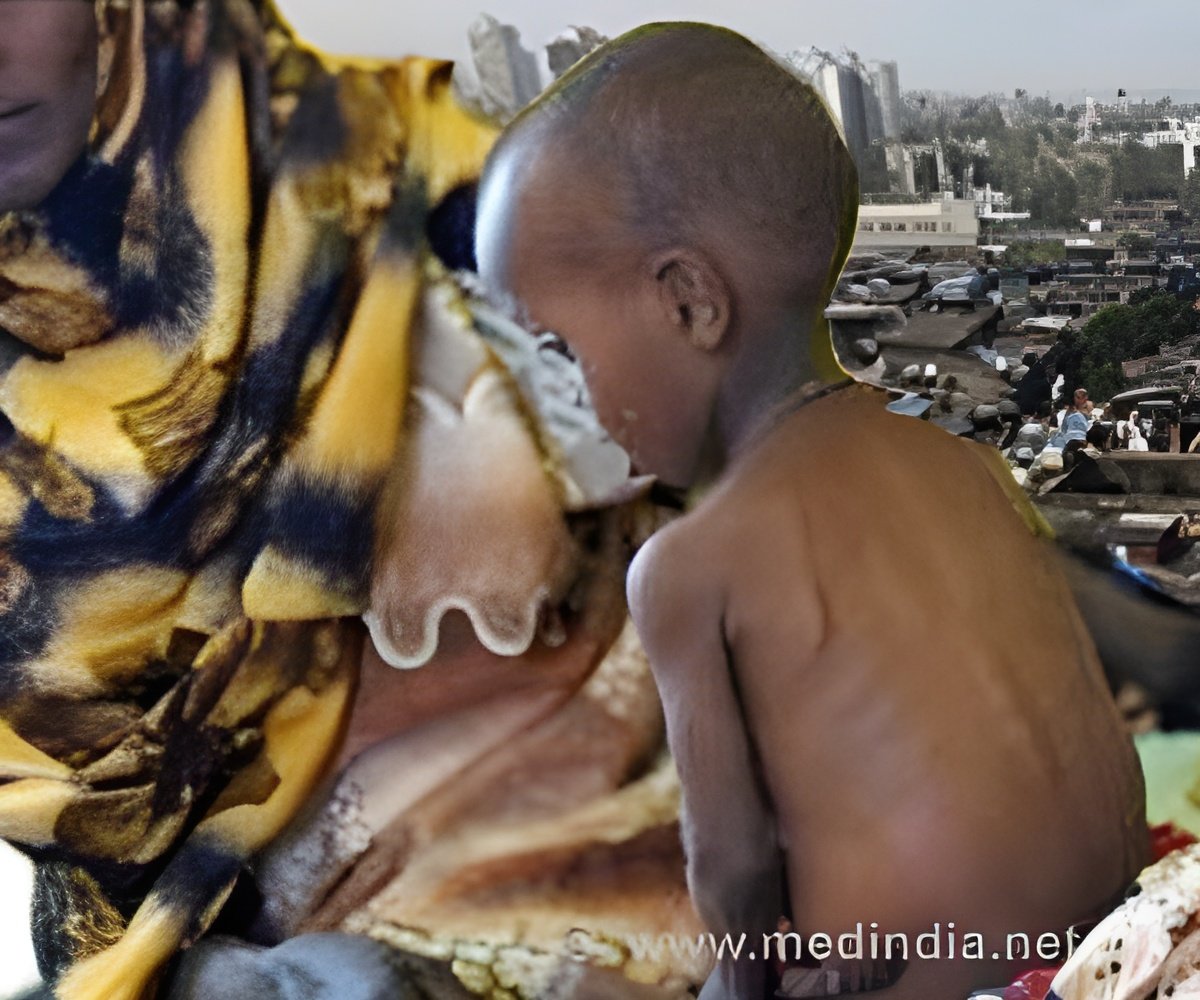An intervention program that combined distribution of food supplements and cash transfer was more effective in reducing acute malnutrition in young children.

Using this approach, the authors found that the rate of moderate acute malnutrition was about twice as high among children who received the cash-only intervention than those who received any of the food supplements plus cash: the rate of moderate acute malnutrition was 3.33 cases per 100 child-months among children who received a supplementary food plus cash intervention compared to 7.97 cases per 100 child-months among those who received the cash-only intervention. For severe acute malnutrition, the rate was about three times higher among the children who received the supplementary food only compared to those who received a supplementary food plus cash intervention.
The authors say: "These results can be used to guide donor decisions, particularly in the high-burden Sahel region of sub-Saharan Africa, as well as the operational strategies of agencies in their programmatic response to crises."
In an accompanying Perspective, Marko Kerac and Andrew Seal from University College London say: "Numerous messages arise from this paper that will play a major role in informing and shaping future policy, practice, and research."
Source-Eurekalert














